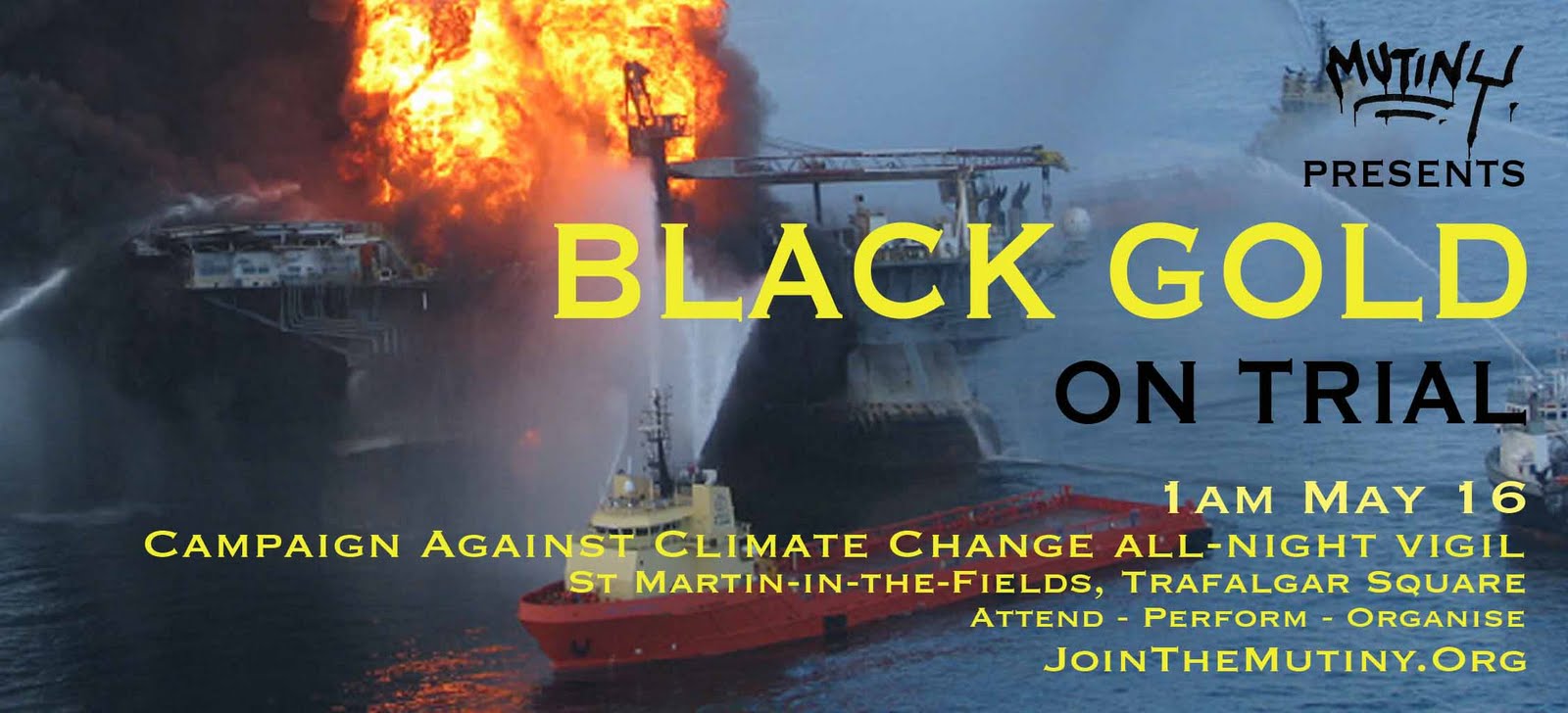
BP’s Deepwater Horizon oil rig may have slipped off the front pages, but the oil is still pouring out into the Gulf of Mexico.
 At time of writing, BP is trying to cap the well with a second attempt at a containment dome, but it’s looking more and more likely that the only way to stop the leak will be a relief well, which could take another month. By the time the flow of oil is finally stemmed, this will be the largest oil spill in US history, worse than the Exxon Valdez spill in 1989. The effects of an oil spill of this size are so severe that the ecology of the Gulf may be damaged beyond repair.
At time of writing, BP is trying to cap the well with a second attempt at a containment dome, but it’s looking more and more likely that the only way to stop the leak will be a relief well, which could take another month. By the time the flow of oil is finally stemmed, this will be the largest oil spill in US history, worse than the Exxon Valdez spill in 1989. The effects of an oil spill of this size are so severe that the ecology of the Gulf may be damaged beyond repair.
President Obama has been taking a tough line with BP, putting forward legislation to raise the liability cap for the cost of clean up from $75 million to $10 billion and insisting that the company will pay all of the costs involved. A recent US poll compared Obama’s handling of the disaster favourably to Bush’s response to Hurricane Katrina. But behind the presentation, what Deepwater reveals is the weakness of governments in the face of corporations destroying the environment for profit.
It’s now emerged that safety tests on the Deepwater rig hours before the explosion showed a number of problems, but were ignored. If the rig had been shut down immediately, the oil spill could have been averted – and the 11 workers killed in the explosion would not have died. Democratic senators Henry Waxman and Bart Stupak also wrote to BP in January about a number of ‘high potential incidents’ on their Alaska pipeline and asked for their assurance that ‘operational cuts’ in their 2010 budget would not ‘affect negatively the safety of workers or the environment.’
In this week’s senate hearings into the oil spill, senators expressed astonishment that BP hadn’t had a contingency plan in place, and didn’t appear to be able to guarantee that such an explosion couldn’t happen again. But it isn’t really surprising. Why would oil companies devote some of their profits to making containment domes they might never need, or indeed adhering to safety procedures when it’s more profitable to cut corners and hope you get away with it?
BP and the two other companies involved the rig – Transocean, which owned the rig and Halliburton (yes, them again), which built the cement wall of the well – are busily blaming each other for the disaster. While BP say they’ll pay the costs of the clean up, their actual phrasing at the senate hearings was that they’ll pay ‘all legitimate claims’, a distinction which carries the prospect of years of legal wrangling.
The real issue is that despite the risks to workers and to the environment and the effects of oil on the climate, the US government is still committed to offshore oil drilling. The climate and energy bill gives states more power to veto drilling near to their coasts, but gives them an inducement to allow it in the form of a larger share of the profits. As a Republican senator told the BP, Transocean and Halliburton executives at the hearings, ‘we’re all in this together’.
BP CEO Tony Hayward admitted to the Guardian on Thursday that his job could be on the line because of Deepwater. He’s lucky. In a world in which workers’ lives and the ecology of an ocean mattered more than profits, he’d be facing charges of ecocide.


